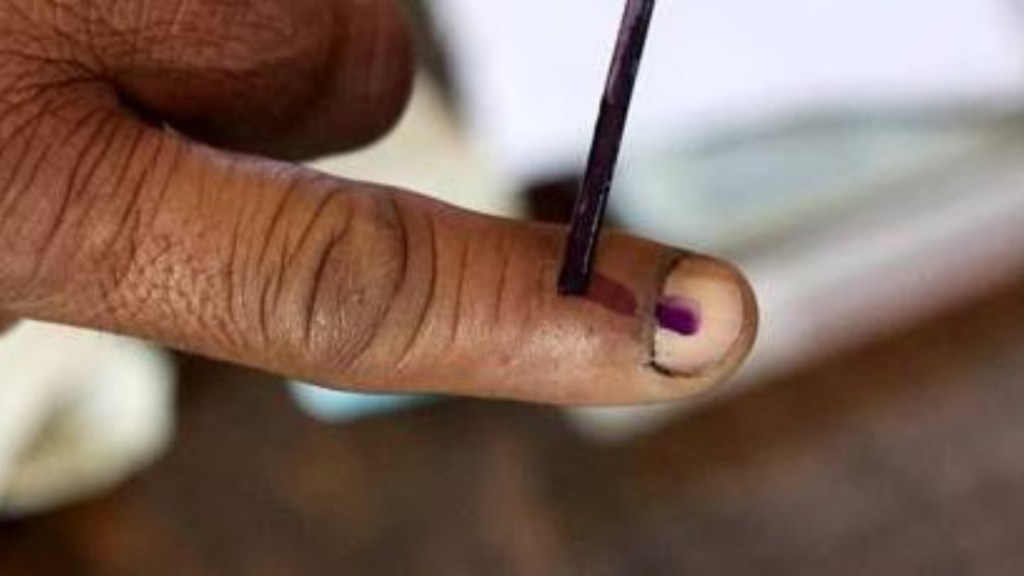The residents of at least seven villages in Prime Minister Narendra Modi’s home state, Gujarat, boycotted voting in the Lok Sabha elections on May 7, either partially or completely, over unmet demands from the government, The Indian Express reported citing officials.
The Chief Electoral Officer (CEO) revealed that voting was completely boycotted in three villages—Kesar in Bharuch, Sanadhara in Surat, and Bhakhari in Banaskantha. Additionally, residents of Bhatgam in Junagadh district, Rabarika in Bhavnagar, and Bodoli and Punjara in Mahisagar district partially abstained from participating in the voting process.
An Election Commission report said that none of the 320 voters in Sanadhara village, under Bardoli Lok Sabha seat, turned up for voting due to unresolved issues despite efforts by local election authorities and party representatives to encourage them to participate.
Why did these villagers in Gujarat abstain from voting?
Coming up first is the Bhakhari village of Banaskantha. The villagers here boycotted the elections over their demand of a separate gram panchayat, district Collector Varunkumar Baranwal said. “The villagers did not communicate their intentions earlier, but this morning they demanded a separate gram panchayat. We tried to assure them that we will make necessary correspondence to the government but they insisted on making it today itself which was not possible,” he told IE. Presently, the village operates under a joint panchayat system with its neighboring counterpart, Hamirpur. The village comprises 377 eligible voters.
Next up is Kesar village of Bharuch. Here, about 350 voters abstained from voting over their demand for a bridge on Kim Creek, which was not fulfilled. This marked their fourth boycott of elections. “We had earlier boycotted elections to the taluka panchayat, district, panchayat, and the Assembly (in 2022). Our village falls under the group gram panchayat. During monsoon, as the water level in the creek rises, students from our village have to travel 15 km to reach the neighbouring Itkala village high school,” village resident Vasava Punitbhai said.
The residents of Rabarika village in Bhavnagar under Amreli constituency did not vote for around six hours after their demands concerning drinking and irrigation water and better roads, among others, remained unfulfilled. However, after some persuasion from the government officials, some of the villagers voted.
Rabarika falls within the Savarkundla Assembly constituency and is home to approximately 410 registered voters. Villagers have been petitioning the government for the past eight months, highlighting concerns such as insufficient drinking and irrigation water, deteriorating road conditions, and challenges related to land records.
Similarly, residents of Bhatgam village in Junagadh have been affected by civic issues. One of the residents revealed that they have not received Narmada water for drinking purposes for a month, adding the local well houses salty water. “Secondly, approach roads connecting our village with the rest of the district are in very poor shape. Repeated representations to local government officers have fallen on deaf ears,” he said, adding “Out of 1,047 registered voters, only 16 voted.” The village is located within the Porbandar constituency, where Union Health Minister Mansukh Mandaviya is running as the BJP candidate.
The resident, Ram Solanki, said that some BJP workers reached out to them around 4 pm and assured them that their issues will be solved. However, the villagers thanked them and said it was too late in the day. “If they manage to solve our problems, we will vote in the next election,” Solanki added.
At the Bodoli and Kunjara polling stations, both situated within the Balasinor gram panchayat, a significant portion of the population refrained from voting due to concerns regarding a nearby dumping site. Until 3 pm, only 34 out of 790 eligible voters had cast their ballots in Bodoli, whereas in Kunjara, merely three out of 734 voters participated in the voting process.


